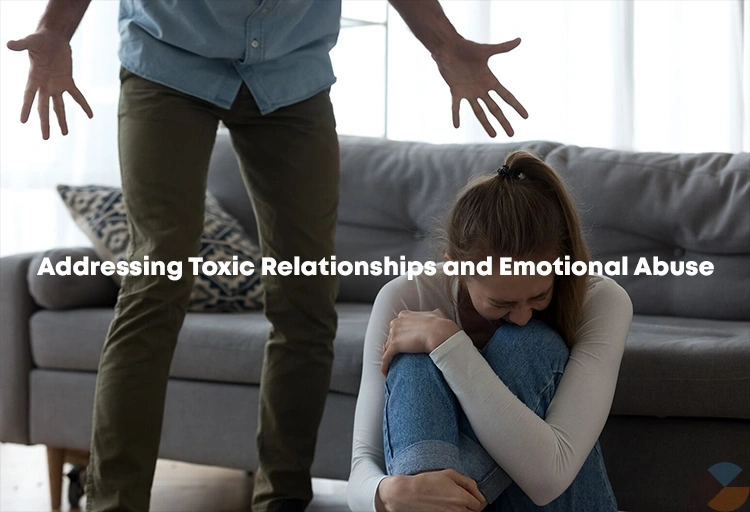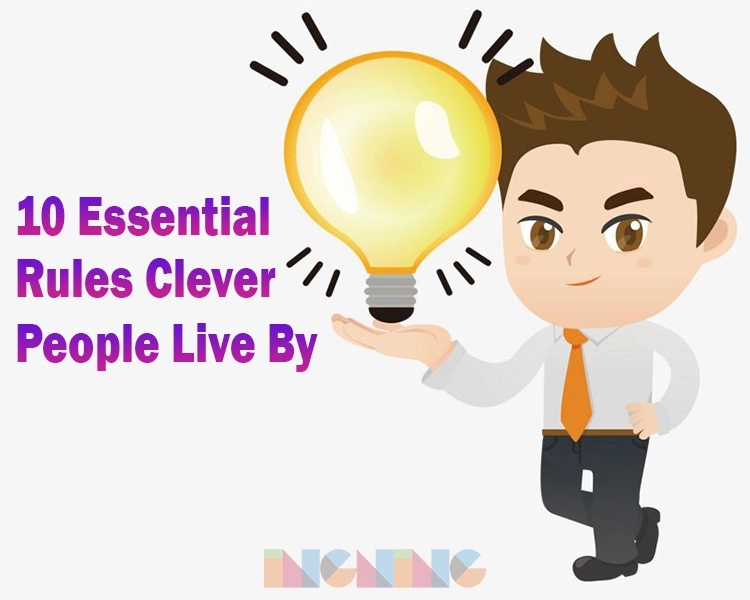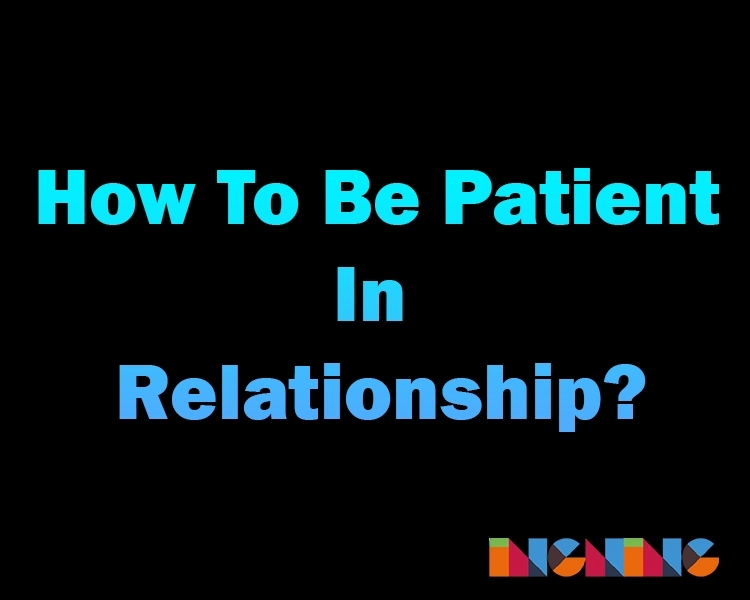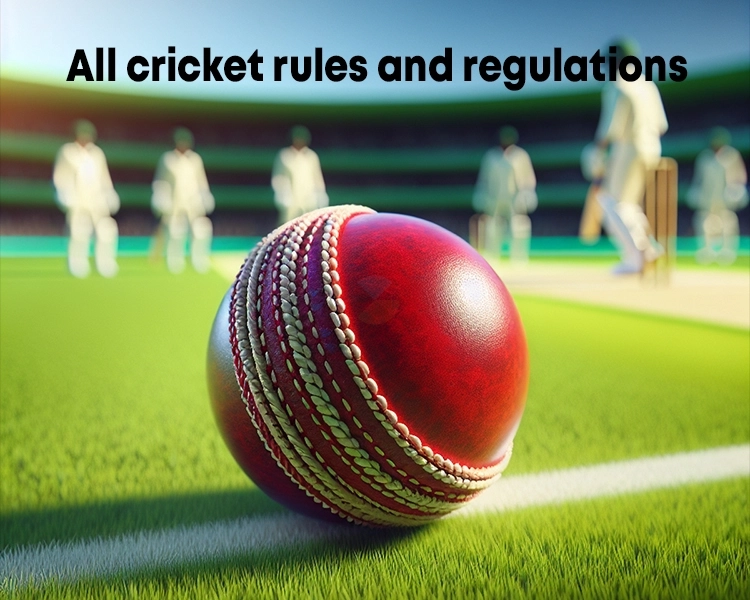Addressing Toxic Relationships and Emotional Abuse
Toxic relationships and emotional abuse can deeply affect a person's well-being, often leaving them feeling trapped and powerless. Addressing Toxic Relationships and Emotional Abuse is not just about recognizing the signs; it also involves understanding the dynamics at play and taking steps toward healing and empowerment. This article will explore the characteristics of toxic relationships, the impact of emotional abuse, strategies for addressing these issues, and the journey toward recovery.
Understanding Toxic Relationships
A toxic relationship is one that harms your emotional and mental health. It can occur in various contexts—romantic, familial, friendships, or even professional environments. The hallmark of a toxic relationship is a consistent pattern of behavior that undermines an individual’s sense of self-worth and safety.
Signs of a Toxic Relationship
Recognizing the signs of toxicity is the first step in Addressing Toxic Relationships and Emotional Abuse. Here are some common indicators:
Constant Criticism: If your partner frequently belittles your opinions, choices, or appearance, this is a significant red flag.
Lack of Support: Healthy relationships are built on mutual support. If your partner undermines your goals or dismisses your dreams, this is a clear sign of toxicity.
Control and Manipulation: Toxic partners often exhibit controlling behaviors, making decisions for you or isolating you from friends and family.
Gaslighting: This psychological manipulation technique makes you question your own reality and feelings. If your partner makes you feel like you’re overreacting or that your feelings are invalid, you might be experiencing emotional abuse.
Intimidation: This can involve threats, whether overt or subtle. A partner who uses intimidation to maintain control is a sign of a toxic dynamic.
The Impact of Emotional Abuse
Emotional abuse can have long-lasting effects, often more insidious than physical abuse. It can lead to:
- Low Self-Esteem: Continuous criticism and belittling can erode a person's self-worth, making them feel unworthy of love or respect.
- Anxiety and Depression: Victims often experience heightened anxiety, depression, or even PTSD as a result of sustained emotional trauma.
- Isolation: The controlling nature of emotional abuse often leads to social isolation, cutting off support systems that are vital for healing.
Understanding these impacts is crucial in Addressing Toxic Relationships and Emotional Abuse. Recognizing the emotional scars can be the first step toward seeking help and reclaiming your life.
Steps to Address Toxic Relationships and Emotional Abuse
Once you’ve identified a toxic relationship, the next step is to address it. Here are practical strategies for navigating this challenging terrain.
1. Acknowledge the Reality
The first step in Addressing Toxic Relationships and Emotional Abuse is to acknowledge that a problem exists. Denial can keep you trapped in a harmful cycle. Understand that your feelings are valid and that you deserve a healthy, supportive relationship.
2. Seek Support
Reaching out for help is crucial. This could mean confiding in trusted friends, family members, or professionals. Therapy can be especially beneficial in processing your experiences and building coping strategies. Support groups can also provide a sense of community and understanding.
3. Establish Boundaries
Setting clear boundaries is essential when Addressing Toxic Relationships and Emotional Abuse. Boundaries protect your emotional space and help define acceptable behavior. Be clear about what you will and will not tolerate. This can be challenging, especially in an emotionally abusive relationship, but it is necessary for your mental health.
4. Communicate Openly
If you feel safe, consider discussing your feelings with your partner. Use "I" statements to express how their behavior affects you. For example, “I feel hurt when you dismiss my opinions.” This approach reduces defensiveness and opens the door for constructive dialogue.
5. Prepare for Resistance
Be prepared for the possibility that your partner may not react positively to your attempts to communicate. They may become defensive or deny their behavior. This is a common tactic in toxic relationships, so don’t be discouraged. Recognize that your priority is your well-being.
6. Create a Safety Plan
If you decide to leave a toxic relationship, particularly one involving emotional abuse, having a safety plan is vital. This might include:
- Finding a Safe Place: Identify where you can go if you need to leave quickly.
- Gathering Important Documents: Keep essential documents (ID, financial papers) in a safe place.
- Having a Support Network: Ensure friends or family know your situation and can assist if necessary.
7. Consider Professional Help
Therapists and counselors specializing in relationship issues can provide guidance tailored to your unique situation. They can help you develop coping strategies and assist in your healing journey.
8. Take Care of Yourself
Self-care is crucial in the healing process. Engage in activities that bring you joy and fulfillment. This might include exercise, hobbies, or spending time with supportive friends. Building a life outside the toxic relationship can foster healing and resilience.
9. Empower Yourself with Knowledge
Understanding the dynamics of toxic relationships and emotional abuse can be empowering. Read books, attend workshops, or participate in online courses that focus on personal empowerment and healthy relationships. The more you learn, the better equipped you’ll be to make informed decisions.
Healing from Emotional Abuse
Recovering from emotional abuse takes time, and the journey is not linear. Here are some strategies to aid in your healing:
1. Validate Your Feelings
It’s essential to recognize that your feelings are valid. Emotional abuse often leads to confusion and self-doubt. Take time to process your emotions and validate your experiences.
2. Journal Your Thoughts
Writing can be a therapeutic outlet. Journaling allows you to express your feelings and track your healing journey. It can also provide insight into your thought patterns and help you recognize progress over time.
3. Set New Goals
As you begin to heal, consider setting new personal goals. This could include pursuing a hobby, advancing your career, or focusing on personal growth. Having something to strive for can be motivating and help shift your focus toward positive experiences.
4. Build Healthy Relationships
Surround yourself with supportive, healthy relationships. These connections can provide a sense of security and help reinforce your self-worth. Seek out individuals who respect your boundaries and uplift you.
5. Practice Mindfulness and Self-Compassion
Mindfulness techniques, such as meditation and deep breathing, can help ground you in the present moment. Additionally, practicing self-compassion allows you to treat yourself with kindness, particularly during difficult times.
6. Celebrate Small Victories
Recovery is a process, and it's essential to celebrate small victories along the way. Whether it’s asserting a boundary or making a difficult decision, recognizing these moments can boost your confidence and reinforce your progress.
Moving Forward
Addressing Toxic Relationships and Emotional Abuse is a challenging journey, but it is one filled with the possibility of growth and empowerment. By acknowledging the situation, seeking support, and prioritizing self-care, you can reclaim your life from the grip of toxicity.
You May Also Like:
Navigating Relationship
Challenges in Different Cultures
The Impact of The Role of
Vulnerability in Healthy Relationships on Intimacy
Relationship Goals: Key Steps to a Happy and Healthy
Partnership
How to Make a Long Distance Relationship Work: Tips
and Success Stories
The Key Components of a Healthy Relationship
Understanding and Addressing Toxic Relationships and Emotional Abuse is crucial for personal well-being and mental health. The journey toward healing is complex, requiring patience, self-compassion, and resilience. Remember that you are not alone in this process. Reach out for support, advocate for yourself, and take the necessary steps toward a healthier, happier future.
In the end, breaking free from toxicity and rebuilding your life is not only possible but entirely achievable. Embrace the journey and reclaim your power.









 Ingning
Ingning







